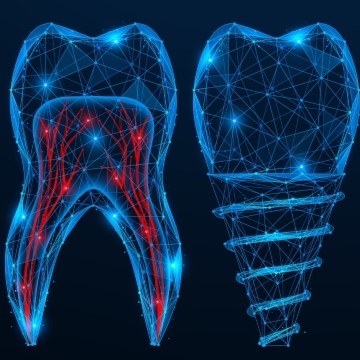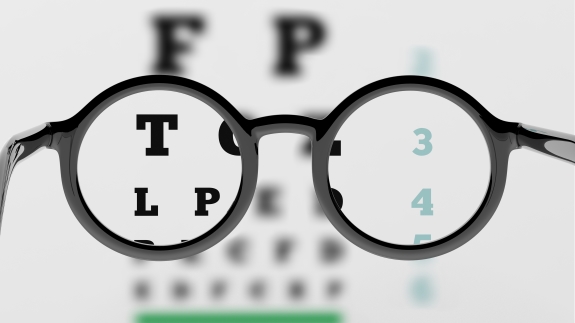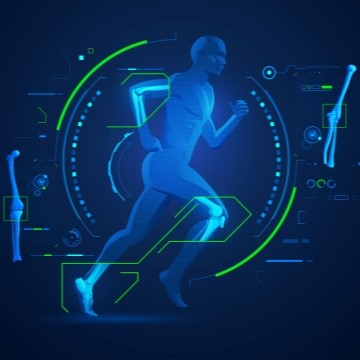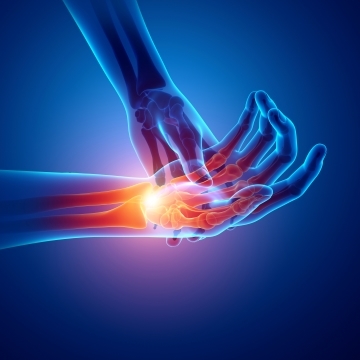Preparing for Medical School
We recommend pre-med students visit the HPAO at least once a semester to gain feedback toward becoming a competitive applicant.
A competitive pre-med applicant will not only have a competitive overall GPA and science GPA (biology, chemistry, math, physics), but also have a good number of physician shadowing hours, community involvement, clinical exposure, strong letters of recommendation, and a competitive MCAT score.
The University of Mississippi School of Medicine (UMMC SOM) is located in Jackson, MS, and only accepts residents of Mississippi. HPAO works with UM students across all majors from all states on gaining admission.
For required courses for medical school, please read the HPAO Medical School Admissions guide below and make an appointment with us as soon as possible!
A physician must attend from 11 to 16 years of school after high school! Preparation for medical school involves coursework and experiences that demonstrate familiarity with the medical profession, commitment to community, leadership, teamwork, and cultural and ethical competency. These are outlined in the Core Competencies developed by the Association of American Medical Schools (AAMC) and available at their website: www.aamc.org.
The two types of medical school are allopathic medicine (MD programs) and osteopathic medicine (DO programs), and both are solid paths to becoming a physician in a variety of family care or specialty areas. Read more about allopathic medicine at www.aamc.org and more about osteopathic medicine at www.aacom.org.
Every medical school has slightly different pre-requisite courses, letter of evaluation requirements, and mission. So, you need to research medical schools to find those that are right for you. A pre-med student must balance the courses required by their major, the MCAT, and their chosen medical schools.
To apply to medical school, you will need:
- Bachelor’s degree in any major that you choose. Choose a major that you enjoy – this should lead to better grades and will be your contingency plan if you don’t get into medical school or choose not to go. You must be on track to finish your degree by the time medical school classes begin.
- A competitive MCAT score. To be competitive plan to take by June, 14 months before you attend. Do NOT take before you are ready! You want to take the MCAT ONE TIME ONLY. Most who are successful have taken at least 7 full length timed practice tests before the real thing. The MCAT should be taken only after extensive preparation. The MCAT emphasizes concepts in Biology, Chemistry, Physics, and Behavioral Sciences in addition to testing critical analysis and reasoning skills. Certain courses should be taken before the MCAT, though not all may be specifically required. You should research the admissions requirements for the medical schools of interest to you and create a plan for when to take specific classes. For example, some medical schools require Calculus, English, Statistics, etc.
- Course requirements. Different medical schools have different course requirements, but the majority require the following:
- General Chemistry= CHEM 105/115* & 106/116
- Introductory Biology for Science Majors = BISC 160/161* & 162/163
- General Physics= PHYS 213/223&214/224 (Trig-based) OR 211/221&212/222 (Cal-based)
- Organic Chemistry= CHEM 221/225 & 222/226
- Biochemistry= CHEM 471 (lacks metabolism, preferably 471 and 473) *prerequisite is CHEM 222 (Organic II) OR CHEM 373 (new biochemistry class designed for premeds).
*In order to register for these specific courses, you must have an ACT Math sub-score of 24 or greater, or an SAT Math sub score of 560 or greater, or MATH SAT-R subscore of 580 or greater or ALEKS PPL 76.
- Highly Recommended Courses
- Statistics (MATH 115, PSY 202, or BISC 300)
- PSY 201 and SOC 101 (PSY 321 and 319 also help synthesize MCAT knowledge)
- Upper Level Life Sciences (2 from list required for UMMC) like BISC 336, 330, 372, 440, etc
- Experience in a medical setting, such as volunteering or working in a hospital or clinic, shadowing physicians, and working with patients and their families. Document your experiences as you go so that you can describe them in your medical school application.
- Evidence of leadership and community. Because you are preparing for a humanitarian profession, it is important to have volunteer experiences which demonstrate a commitment of service to others. Generally, it is better to have long-term meaningful involvement in a couple of organizations rather than shallow involvement in many organizations. Remember, schools love volunteer work both inside and outside of health care!
- Letters of recommendation. Different medical schools have different requirements, but you need to develop relationships with faculty and medical professionals who will support your application by writing a letter about you and your personal characteristics. Make sure you keep in touch and have contact information for professors, supervisors and physicians you shadow or work with in case you need to ask for letters of recommendation.
Use your resources!
HPAO offers
- personal statement workshops,
- mock interview preparation,
- visits from various medical school admissions representatives and deans throughout the year,
- visits to nearby medical schools,
- free test prep materials,
- and an optional pre-med applicant class (1 credit pass/fail) each spring for those preparing to apply to medical school who want a jumpstart on their application.
When can you apply?
The earliest you can apply to most medical schools is the summer after your junior year of college, 13-15 months before you begin. Students are encouraged to attend sessions with a pre-med advisor in the HPAO to cover information on applications and much more. Medical school application systems (AMCAS; AACOMAS; TMDSAS) officially open around May 1st each year. Expect to spend a minimum of 40 hours on the medical school application and realize that regular applications take 4-6 weeks to verify after submission. Please consult with your pre-med advisor on MCAT and application submission timeline, if early decision is a good option for you, and what schools you should consider applying to.







